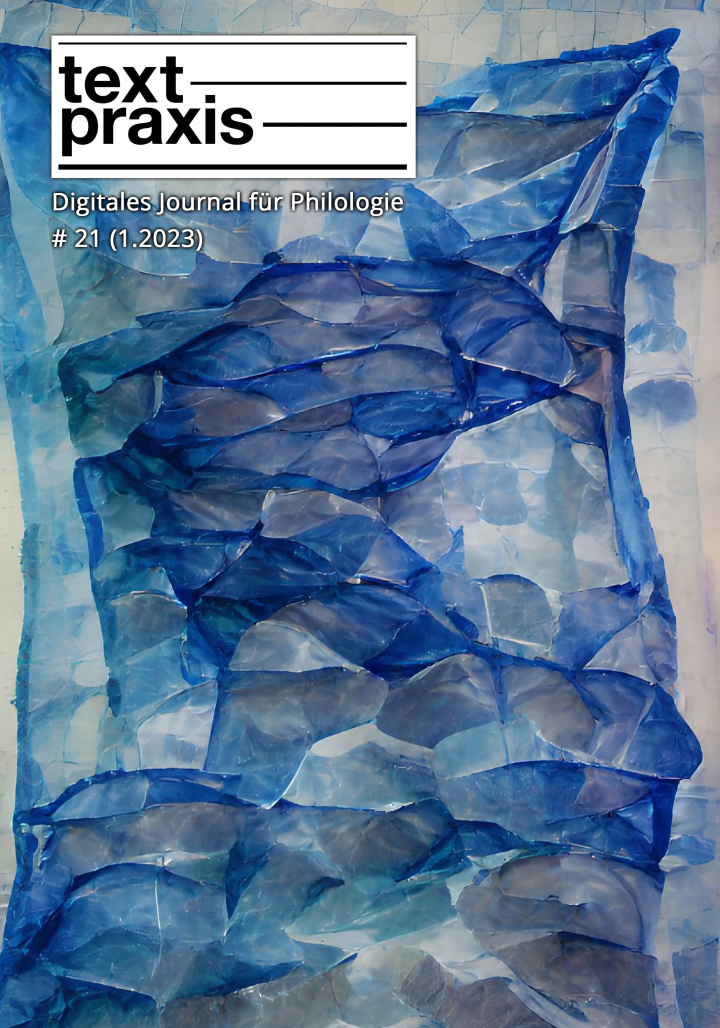Digital Journal for Philology

Textpraxis # 21 (1.2023)
In Textpraxis #21, Joachim Harst traces the work and reception of Sigmund Freud and uses his »Fragment of a Hysteria Analysis« to examine the significance of the »case history« in psychoanalytic therapy and theory. Teresa Wolf’s contribution deals with the functions of addressing and re-addressing in Chimamanda Ngozi Adichie’s novel Americanah, and Daniela Henke addresses the challenges that the current debates surrounding so-called identity politics pose for literary theory and literary practice.
Addressing and re-addressing, as Judith Butler has shown, performs processes of subjectification. Taking Adichie's Americanah as an example, this article focuses on the dynamics of addressing and re-addressing in fictional texts. On the one hand, the analysis shows how the protagonist in Americanah is labelled as an outsider through the ways she is addressed, but how she, on the other hand, regains her agency through a new and self-chosen identity against the background of various discourses of power. The contribution reviews the dynamics of addressing and re-addressing not only between fictional characters but between characters and readers, authors and readers, and text and readers. Modelling these interwoven interactions, the article argues, may explain why readers can sometimes relate to characters as if they were real and why encountering fictional characters can prompt processes of subjectification in readers.
This article examines the challenges that so-called identity politics pose to literary studies. It traces important developments in the field of literary theory and questions the extent to which the author should be considered as a biographical, political, and individual person in literary analysis. The contribution aims at integrating the ›author‹ into a discourse-oriented perspective without re-actualizing intentionalist and, in a narrower sense, biographical positions. For this purpose, Michel Foucault’s concept of the author function and its application-based interpretation in the work of Fotis Jannidis are used to analyze the specifically identity-political author function and distinguish it from the empirical author person.
This paper explores the meaning of »case history« in psychoanalytic therapy and theory. The meaning of »case«, however, oscillates between different registers, among which »casus«, »puzzle« and »lapsus« are discussed here. This paper will examine them on the basis of Freud's Fragment of an Analysis of a Case of Hysteria«, with special attention to different medial constellations, which will serve to master the ambiguity of the case.
